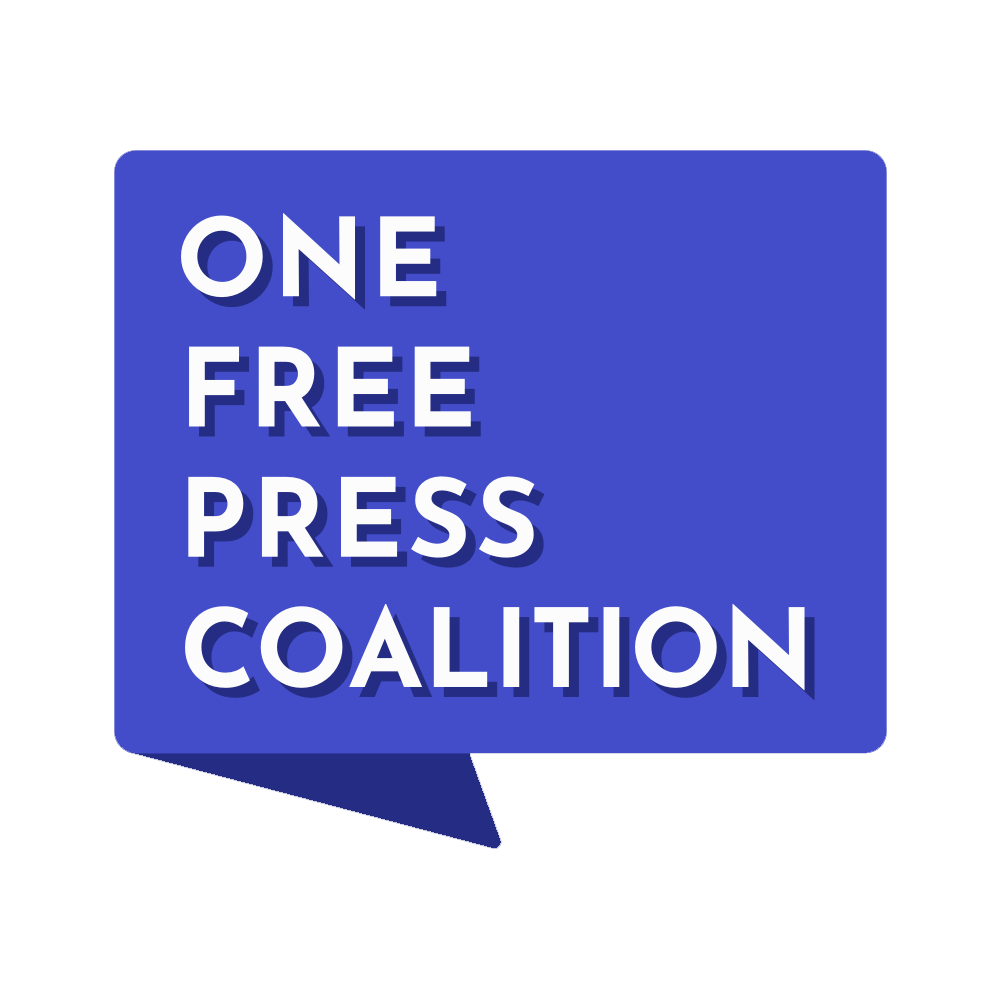On June 3, 2019 the Coalition launched the fourth monthly "10 Most Urgent" list (ranked in order of urgency), calling attention to the most pressing cases of journalists under attack for pursuing the truth.
1. Azory Gwanda (Tanzania): Independent Tanzanian journalist remains missing. Azory Gwanda, a freelance journalist working in rural Tanzania, has been missing since November 21, 2017. Before his disappearance, Gwanda had been investigating mysterious killings in his community. The Tanzanian government has so far failed to launch a credible investigation into his case.
2. Jamal Khashoggi (Saudi Arabia): Justice denied for murdered Saudi journalist. Months after his brutal murder at the Saudi Arabian consulate in Istanbul, and despite findings from the CIA that point to the Saudi crown prince’s involvement, there has been no independent UN criminal investigation. Calls for the White House to release intelligence reports have gone unheeded, along with a deadline to reply to Congress as required under the U.S. Global Magnitsky Act.
3. Aasif Sultan (India): Imprisoned for covering conflict. Aasif Sultan, a reporter for Kashmir Narrator, was arrested on “anti-state” charges in August 2018. Sultan, who has health issues, has been repeatedly interrogated by police, demanding that he reveal his sources.
4. Claudia Duque (Colombia): Officials who tortured investigative reporter remain free; harassment continues. Lack of security and safety in Colombia for journalists has forced some to flee the country; two journalists fled after being harassed online by officials. Others, like local journalist Claudia Duque, have endured kidnapping, illegal surveillance, and psychological torture for decades. Courts convicted three high-ranking security service officers for torturing Duque and put another eight on trial. As of June 2019, none has served a day in prison.
5. Miguel Mora and Lucía Pineda (Nicaragua): Nicaraguan journalists detained amid media crackdown. In December 2018, Nicaraguan police raided TV station 100% Noticias and arrested station director Miguel Mora and Lucía Pineda, its news director. Both journalists have been held for over five months on charges of “inciting hate and violence.” While behind bars both have experienced health issues and been denied access to their lawyers.
6. Truong Duy Nhat (Vietnam): Blogger who disappeared in Thailand is imprisoned in Vietnam. Truong Duy Nhat, a blogger with the U.S. Congress-funded Radio Free Asia (RFA), went missing in January in Bangkok, where he had applied for refugee status. The Vietnamese blogger is currently held without charge in a detention center in Hanoi. Nhat was previously sentenced to two years in prison in 2013 in connection to his critical reporting on the government.
7. Sevinc Osmanqizi (Azerbaijan): Extortion threats in retaliation for reporting. The pro-government Azerbaijani news channel Real TV harassed and attempted to extort Sevinc Osmanqizi in retaliation for her political reporting. Osmanqizi, who lives in exile in the U.S., hosts a TV program covering Azerbaijani politics on YouTube. Real TV published audio from one of the journalist’s private phone conversations and, in a separate segment, an anchor threatened to release intimate photos of Osmanqizi unless she ceased broadcasting.
Seyoum Tsehaye (Credit Seyoum Family)
8. Abderrahmane Weddady and Cheikh Ould Jiddou (Mauritania): Imprisoned after reporting on corruption. Bloggers Abderrahmane Weddady and Cheikh Ould Jiddou have been behind bars since March after being accused of spreading false news. Both report on corruption in Mauritania. Authorities questioned the bloggers and confiscated their passports and identification cards. Both are being detained in Dar Naim prison.
9. Seyoum Tsehaye (Eritrea): Nearly 20 years behind bars for doing journalism. Seyoum Tsehaye is one of several Eritrean journalists arrested after the government summarily banned the privately owned press in 2001, in response to criticism of President Isaias Afwerki. Eritrean authorities have never accounted for the whereabouts, health, or legal status of Seyoum and the others.
10. Mina Karamitrou (Greece): No arrests after car bomb attack. A makeshift explosive device was detonated under the car of Mina Karamitrou, a police reporter for CNN’s Greek edition, in May 2019. No one was injured in the explosion, which went off outside the journalist’s home. Karamitrou said she believes the attack was related to her coverage of a man who is serving multiple life sentences for murders. As of late May, no arrests had been made.

